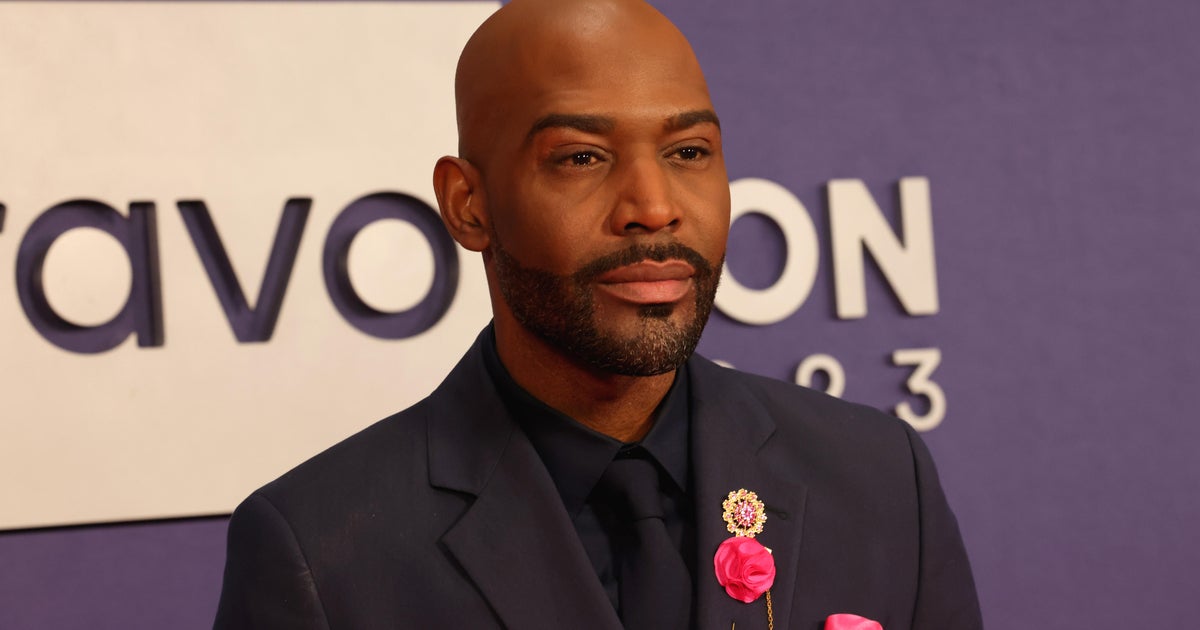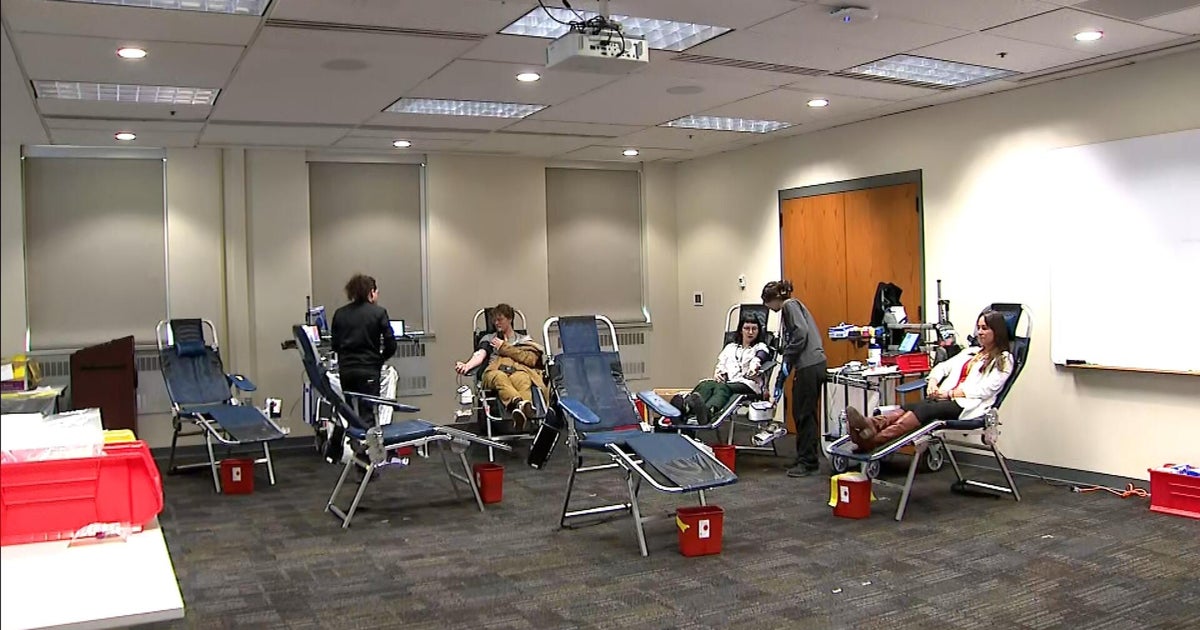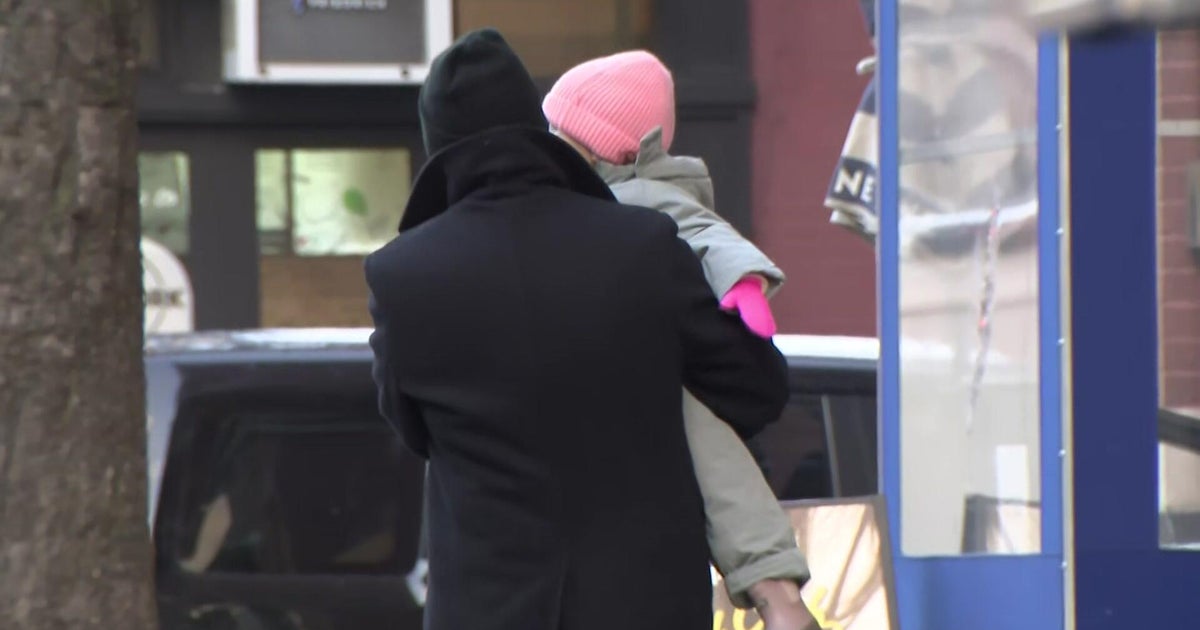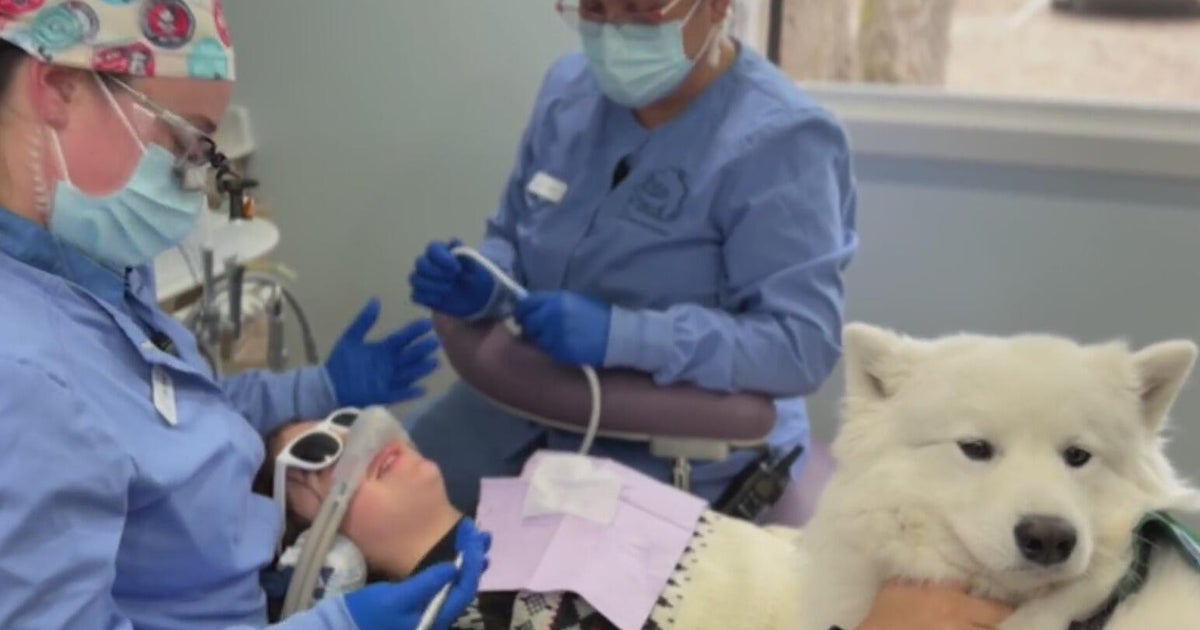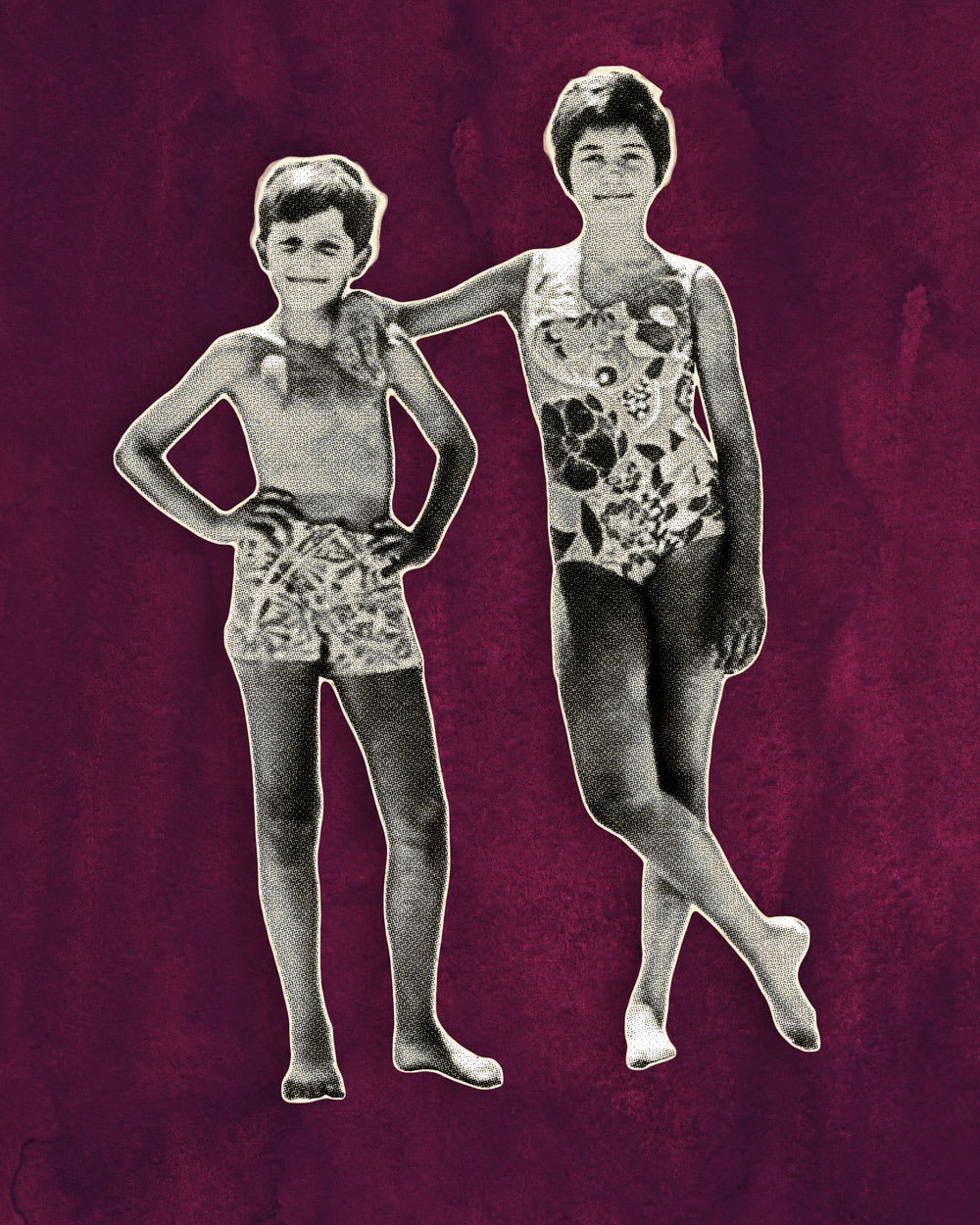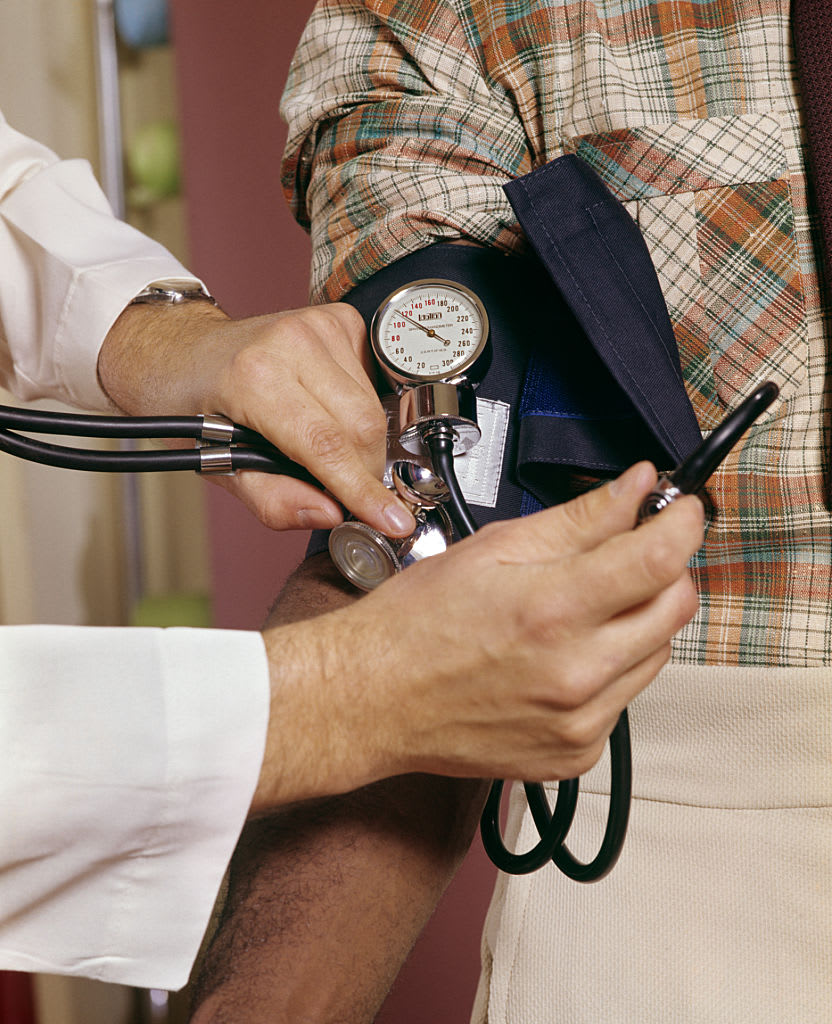Medical staff treating coronavirus patients share heartbreaking struggles: "We're facing our own death"
As the number of global coronavirus cases continues to skyrocket, medical professionals are struggling to juggle their duties to patients and the fear of exposing their families to the illness. Several health care workers have already been exposed to the virus, with at least two doctors reportedly in intensive care.
"I think we forget that physicians and nurses and health care professionals are human too," Dr. K. Kay Moody told CBS News' Dr. Tara Narula. "We walk to the bedside, like we always do, but now we are knowing that we are not protected and we're facing our own death."
Moody is an emergency room physician in Washington, where there have been at least 52 reported coronavirus deaths. She called for personal protective equipment for health care workers like herself to prevent more of their workforce from succumbing to the illness. Otherwise, she cautioned, "our workforce is going to expose everyone who comes in."
Narula echoed Moody's call for more protective gear during an appearance on "CBS This Morning" Wednesday, saying medical professionals were being asked to reuse necessary equipment. She described others she spoke to who felt guilt that their families did not sign up for the risks of their job, but were forced to be exposed.
"The fact that we don't have the right protective gear to handle these patients makes me know that I am at risk," California emergency medicine physician Dr. Hala Sabry said. "I see that my colleagues are getting ill, and there are two right now that are on ventilator support, and that makes me very, very worried, especially because I have a family just like they do."
Sabry said that while physicians want to protect their patients and their children, they don't have the support, the means, or the resources.
"This is our plea for help," she said.
Arizona primary care physician Dr. Zaheer Shah also expressed fear for his loved ones.
"Two of the most precious human beings in my life, my mother-in-law and my son, may also face potentially life-threatening consequences because of my decision to stay at my post, to stand on that wall, and protect my patients to the best of my ability," Shah said, his voice beginning to crack. "As a parent, it's such a struggle to reconcile my professional duties and obligations with the fact that those very duties and obligations could hurt him."
Narula expressed doubt over whether doctors and medical staff were being "psychologically trained" to handle the coronavirus pandemic. They are trained on how to treat patients, she explained, but they may have not ever faced the issue of a lack of supplies and a thinning workforce.
One doctor, emergency medicine physician Dr. Pratik Parikh, admitted he and his wife "cried about this."
"We're concerned, we're scared. But we know what we have to do, and we want to be part of the solution," Parikh said.
Another medical professional, cardiologist Dr. Evelina Grayver, also expressed the need to fulfill her duties amid her own conflicting priorities.
"You're afraid that you're not doing enough at work for your patients, and then since then you feel that you come home and you haven't done enough at home," she said.
